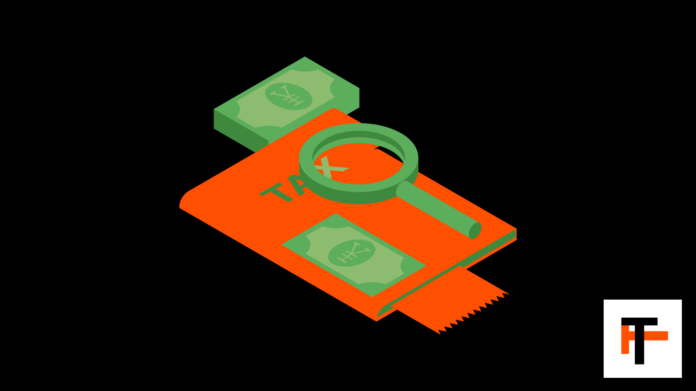When a small business registers as a company at the Company and Intellectual Property Commission (CIPC) SARS will automatically generate an income Tax reference number. Taxpayer is then obligated to register on eFiling to file returns and transact online.
Income Tax
Income tax is on any income received during the year of assessment. Currently Private companies regardless of annual income are taxed at a fixed rate of 27%. Trusts are taxed at a rate of 45%.
Small Business Corporations (SBC) are taxed on a sliding scale based on turnover.
Turnover Tax
Turnover tax is a simplified system for micro businesses to meet their tax obligations. It is aimed at Individuals (sole proprietors), Partnerships, Close Corporations, Companies, and Co-operatives. Turnover tax is optional otherwise the small business will still be required to pay Income Tax.
Turnover tax is calculated by applying a tax rate to the taxable income of a business. Businesses with an annual turnover of R1 million or less may qualify.
If your business is eligible for Turnover tax ensure you keep the following records of your business up-to-date, All amounts received, records of dividends and also A list of each asset with a cost price of more than R10,000 at the end of the year of assessment as well as of any liabilities exceeding R10,000.
Turnover tax is to be payed over three dates in the year of assessment. The first payment being due on the last business day of August. Second payment is due on the last business day of February and the final payment is due after your business has submitted the annual turnover tax return which is due the following year between 1 July and 31 January of the following year.
Value-Added Tax
Value-added Tax, abbreviated VAT, is indirect tax on the consumption of goods and services in the economy. VAT is not required for small businesses with a taxable turnover below R1 million. However a business can register voluntarily if their turnover exceeds R50,000 in 12 Months.
Unemployment Insurance Fund
Unemployment Insurance Fund, abbreviated UIF, is required to be contributed to by all employees and their employers. When a worker becomes unemployed or unable to work UIF provides short-term relief. UIF also provides relief to the dependents of a deceased contributor.
PAYE tax
Pay As You Earn tax must be deducted from employee salaries and paid directly to SARS if the small business employs staff. PAYE tax is required if the employee earns above the tax threshold, currently R95,750 per annum.

